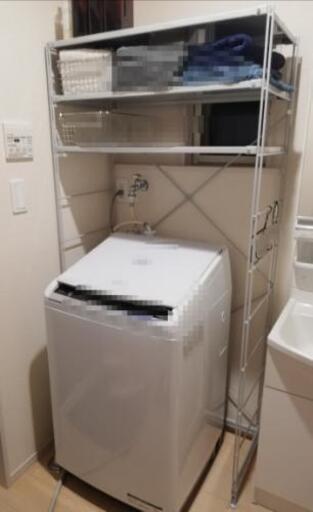
新入荷再入荷
EDWIN 防風ライダースデニムジャケット
 タイムセール
タイムセール
終了まで
00
00
00
999円以上お買上げで送料無料(※)
999円以上お買上げで代引き手数料無料
999円以上お買上げで代引き手数料無料
通販と店舗では販売価格や税表示が異なる場合がございます。また店頭ではすでに品切れの場合もございます。予めご了承ください。
商品詳細情報
| 管理番号 | 新品 :73095450 | 発売日 | 2023/12/12 | 定価 | 8,000円 | 型番 | 73095450 | ||
|---|---|---|---|---|---|---|---|---|---|
| カテゴリ | |||||||||
EDWIN 防風ライダースデニムジャケット
EDWINの防風バイク用デニムジャケットです。サイズはXLで、私はこのジャケットの下に着込んでオートバイに乗っていましたため目立つ傷はありません。もちろん、転倒などもございませんのでご安心ください。(出品者の身長は170センチのガッチリ体型です)ハーレーに似合うジャケットを探していて尚且つ丈夫で防風性能もあるジャケットを探していたところこのジャケットに出会い購入いたしました。しかし、最近バイクを売ってしまったため着る機会が減ってしまったため出品します。今年の冬用としてバイクにお乗りの方々いかかですか?もちろん、私服としても着ていただけると思います。質問や要望なども出来る限り応えたいと思いますのでよろしくお願いします。



























